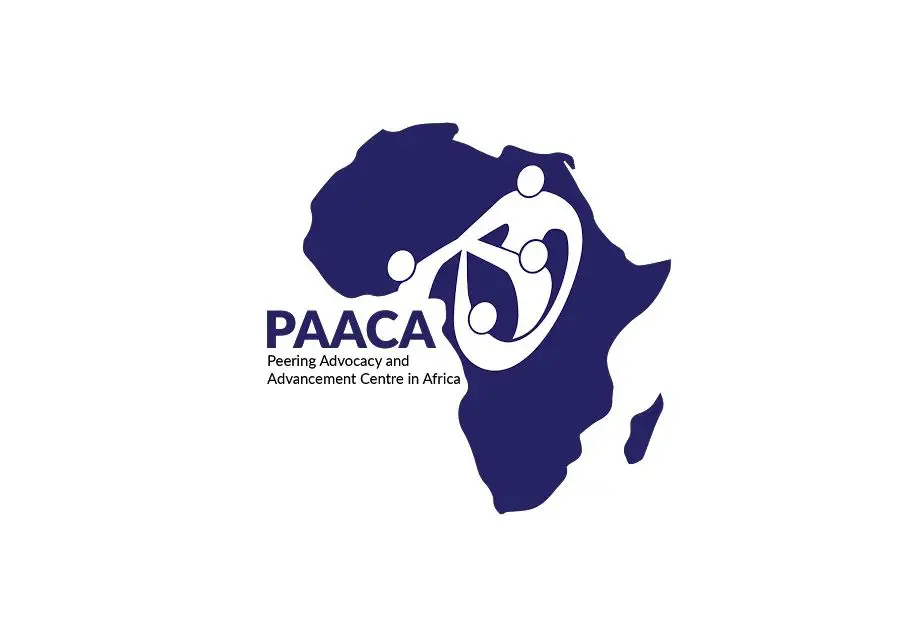A civil society organisation, Peering Advocacy And Advancement Centre in Africa, PAACA, has advocated for a collaboration among the major stakeholders and electoral actors to ensure a holistic electoral reform.
This was made known by PAACA Executive Director, Mr. Ezenwa Nwagwu during a town hall meeting tagged “Citizen’s Town Hall Meeting on Electoral Reform” held in Enugu, weekend.
He said the meeting was convened in order to espouse the legal framework of the Electoral Act, 2021, which many people do not have knowledge of.
Nwagwu said, “The critical objective of this town hall meeting is to popularise the legal framework of our elections.
“What we discovered is that most people in Nigeria wallow in ignorance as regards the legal framework that guides our electoral processes, especially when you follow public commentaries whether on television and radio.
“So we thought it wise that we unpack the Electoral Act, we unpack the guidelines and even unpack some of the reports that INEC has issued. We started that tour in Cross River State and we are here in Enugu now.”
While reacting to questions posed by journalists with respect to the 2023 general elections, Nwagwu said “The language of the politicians has been tailored towards causing issues and distorting the peaceful conduct of elections.
“Politicians always look for dubious advantages. So what they say or don’t say will not matter in committing the people to understanding the legal framework and the issues around it which affect our electoral processes.
“Violence is not a language spoken in any civil society where democracy has been entrenched.
“And the language of violence is spoken by just the politicians and can’t be heard more than millions of Nigerians who desire good governance, who desire free, fair, credible and accessible elections.
“The comments made by the politicians are also being brought to limelight by even the media without a recourse to some of the incremental progress made during the 2023 general elections where sitting governors who wanted to go to the senate were defeated in their states.
“Losing elections in this regard tells you that progress made in terms of the use of technology for instance, the use of BVAS, made it very impossible for big figures to be thrown in, and governors who wanted to go to the senate lost their elections and you didn’t think that that was an incremental progress?”
On what he thinks about the popular saying among Nigerians that the judiciary was a party to some of the issues surrounding the retarded political reforms in Nigeria, Nwagwu said “the judiciary is an institution that works with evidence and not emotions and enters into judgement and rulings based on the evidence adduced by parties in a suit.
“The court is there. The court does not run on emotions. The court runs on jurisprudence and technicalities.
“So, if you go to court and think that technicality is not part of the law, then you are not prepared. What it means is that you go to court and the court does not come to you.
“If you win an election, you go to court to defend it and when you are at the losing end, you go to court to challenge the outcome of the election.”
Also speaking at the event, the Resident Electoral Commissioner of INEC in charge of Enugu State, Dr. Chukwuemeka Joseph Chukwu who was represented by Mr. Achukue Chuka, the Head, Department of Voter Education, reiterated the commission’s readiness to conduct free, fair and transparent elections in Nigeria.
He said, “As we embark on this journey of democratic consolidation, the Independent National Electoral Commission (INEC) reaffirms its commitment to electoral reform in Nigeria.
“We recognize that a credible and transparent election is the foundation of democracy.
“Electoral reform is a collective responsibility and we enjoin all stakeholders to join hands with us in this journey.
“Our goal is to ensure that every goal counts and every voice is heard.”
In his remarks, the Acting State Director of the National Orientation Agency (NOA) in Enugu State, Mr. Chidi Unobagha said NOA had collaborated with PAACA in the areas of public enlightenment, orientation and mass mobilisation over the years.
The town hall meeting was attended by major stakeholders, including the Inter Party Advisory Council (IPAC), the Christian Association of Nigerian (CAN), Civil Society Organizations, as well as traditional rulers from different communities in Enugu State.
Electoral Reform: PAACA advocates stakeholders’ collaboration
